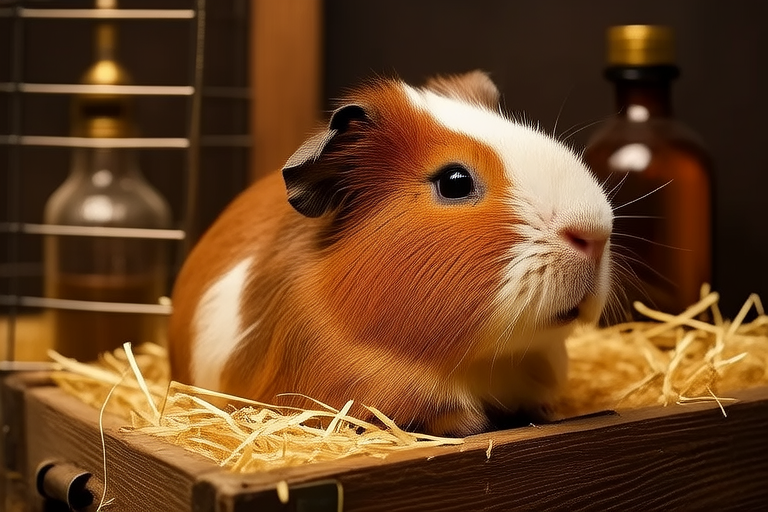From Pouch to Palace: The Ultimate Guide to Fancy Rat Ownership
Introduction to Fancy Rats and Their History as Pets
Fancy rats, a domesticated breed of the brown rat (Rattus norvegicus), have been cherished companions for centuries. Originating from the wild rats found in Europe and Asia, these rodents were first bred for the purpose of rodent control. Over time, they were selectively bred to reduce aggressive behaviors and enhance their docile nature, making them ideal pets. Today, fancy rats are popular among pet lovers for their intelligence, playful personalities, and relatively low maintenance.
Choosing the Right Rat: Factors to Consider, Where to Purchase
When selecting a fancy rat, consider factors such as age, health, temperament, and compatibility with other pets. Younger rats tend to be more adaptable and easier to train, while older rats may already have established personalities. Ensure the rat you choose is healthy by checking for signs of illness like runny eyes, sneezing, or lethargy. It’s best to purchase from reputable breeders or shelters that prioritize the well-being of their animals.
Setting Up the Perfect Habitat: Cage Size, Bedding, Toys, and Accessories
The ideal cage for a fancy rat should provide ample space for movement and exploration. A minimum of 18 inches by 18 inches by 12 inches per rat is recommended. Opt for bedding made from recycled paper or wood shavings to ensure comfort and hygiene. Include toys, tunnels, and hammocks to keep your rat entertained and mentally stimulated. Additionally, provide water bottles and food dishes for easy access.
Diet and Nutrition Essentials for Fancy Rats
A balanced diet is crucial for maintaining a fancy rat’s health. Offer a mix of high-quality rat pellets, fresh fruits, vegetables, and occasional treats. Ensure fresh water is always available. Avoid feeding them harmful foods like chocolate, caffeine, or sugary snacks. Consult a veterinarian for specific dietary recommendations based on your rat’s age and health condition.
Health Care: Common Illnesses, Signs of Distress, When to Visit a Vet
Common ailments include respiratory infections, tumors, and dental issues. Regularly check for symptoms such as labored breathing, loss of appetite, or unusual lumps. If you notice any signs of distress, consult a veterinarian promptly. Routine check-ups and vaccinations can help prevent serious health issues.
Grooming and Hygiene Practices for Maintaining a Healthy Rat
Regular grooming helps maintain your rat’s coat and prevents skin problems. Use a soft brush to remove loose fur and bathe them occasionally if necessary. Clean their living area regularly to minimize odors and bacterial growth. Pay attention to their nails, trimming them when they become too long.
Training and Socializing Tips to Bond with Your Rat
Positive reinforcement techniques, such as offering treats and praise, can encourage desirable behaviors. Spend quality time playing and interacting with your rat daily to strengthen your bond. Gradually introduce new experiences to build confidence and trust.
Safety Measures at Home to Ensure a Rat-Friendly Environment
Rat-proof your home by securing electrical cords, closing gaps in walls, and keeping hazardous substances out of reach. Provide safe areas for exercise and exploration. Monitor their interactions with other pets to ensure safety.
Longevity and End-of-Life Considerations
Fancy rats typically live 2 to 3 years. Prepare yourself emotionally for this inevitable phase. Discuss euthanasia options with your veterinarian to make informed decisions about end-of-life care.
Personal Anecdotes or Testimonials from Experienced Rat Owners
Experienced owners share their stories, emphasizing the joy and companionship provided by fancy rats. They highlight the importance of patience, consistency, and love in fostering strong bonds with these intelligent creatures.
Conclusion Summarizing Key Takeaways and Encouraging Responsible Ownership
Owning a fancy rat is a rewarding experience filled with laughter and companionship. By providing proper care, attention, and a loving environment, you can ensure your rat lives a happy and healthy life. Remember, responsible ownership involves commitment and dedication to the well-being of your furry friend.
